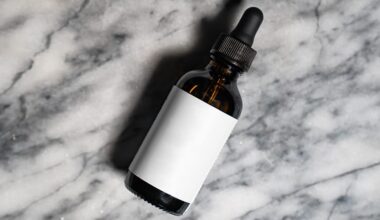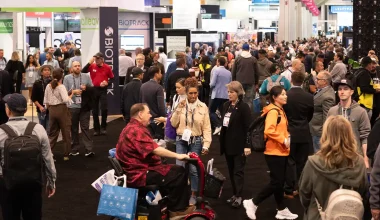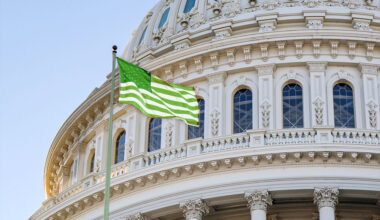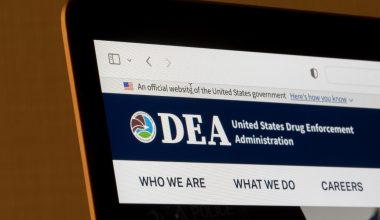A new study by a group of licensed cannabis businesses and affiliates highlights the widespread presence of synthesized cannabinoids and THC limits far exceeding California law in dozens of products shipped into the state branded and identified as hemp.
According to “The Great Hemp Hoax” – a white paper released Thursday – 95% of the 104 tested products from 68 brands contained synthesized cannabinoids, which are banned in California.
Several products, which were shipped via online purchases, also contained high THC potencies and other compounds.
The “The Great Hemp Hoax” found:
- Some gummies contained 32 times more THC than state limits.
- Vape products on average had THC levels 268% above legal thresholds.
- Nearly half contained synthetic THCP, a compound researchers describe as exponentially more potent than THC.
- Some products contained psychoactive substances such as kratom and hallucinogenic mushrooms.
‘Not hemp at all’
“Much of what’s being sold as hemp today isn’t hemp at all – it’s a cocktail of synthetic intoxicants and illicit THC masquerading as a natural, legal product,” said Tiffany Devitt, director of regulatory affairs at Groundwork Holdings, which partnered with other license holders to organize and run the study.
Groundwork is the parent company of Northern California marijuana manufacturer and cultivator CannaCraft and Southern California retail chain March and Ash.
The study also was supported by Sacramento-based cannabis retailer Embarc and United Food and Commercial Workers Local 135, which represents more than 13,000 unionized employees in San Diego and Imperial counties.
Products were tested by San Diego-based Infinite Chemical Analysis Labs.
Infinite Labs founder Josh Swider has gained widespread recognition in the industry since his lab has been at the forefront of exposing an ongoing pesticide scandal that has rocked California’s regulated marijuana market.
Congress needs to help, group says
“We are troubled, but not surprised, by the widespread presence of synthetic THC in so-called ‘hemp’ products showing up in this report, and it is unfortunately consistent with similar studies in other parts of the United States,” Michael Bronstein, president of the American Trade Association for Cannabis and Hemp, said in a statement emailed to MJBizDaily.
“Congress must act to address this issue and states like California must continue to take action to protect consumers and minors.”
California Gov. Gavin Newsom in September issued emergency regulations for intoxicating products derived from hemp, effectively banning more than 90% of hemp products in the state.
The study organizers also said they were able to “easily purchase hundreds of hemp products online” without age verification, another infraction of California law.
The white paper specifically called out national brands Los Angeles-based Cann and St. Ides, a subsidiary of San Antonio-headquartered Pabst Brewing Co., for allegedly illegally peddling hemp-infused beverages in the state.
“We do not agree with the report’s claim that our products are illegally sold online in violation of state law,” a Cann spokesperson told MJBizDaily via email.
Pabst did not immediately respond to an MJBizDaily request for comment.
Medical Disclaimer:
The information provided in these blog posts is intended for general informational and educational purposes only. It is not a substitute for professional medical advice, diagnosis, or treatment. Always seek the advice of your physician or other qualified healthcare provider with any questions you may have regarding a medical condition. The use of any information provided in these blog posts is solely at your own risk. The authors and the website do not recommend or endorse any specific products, treatments, or procedures mentioned. Reliance on any information in these blog posts is solely at your own discretion.






